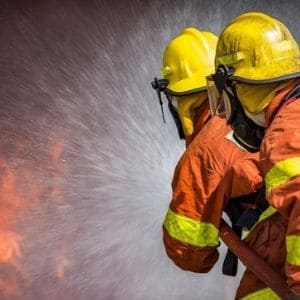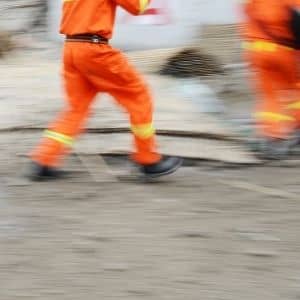How to better protect both the public and crisis responders during a disaster
One of the featured topics in public safety to be explored at the EENA Conference 2021 (6-8 October, Riga).
Whether it concerns man-made threats (terrorist attacks, industrial accidents) or natural hazards (earthquakes, wildfires or flash floods), no human being can fully escape from both the physical and psychological impact caused by a crisis situation.
It’s no secret that the current global sanitary crisis, the recent flash floods and heatwaves have affected us all in one way or another, and – more importantly – those who are on the frontline. This is why developing a crisis management plan is crucial to limit the damages and help teams to address the crisis quickly. A successful crisis management plan requires the consideration of many different aspects, the involvement of a variety of actors, as well as effective preparation in advance.
What are the new tools and approaches to overcome challenges posed by a crisis? How to better train, inform and support both the public and crisis responders facing stressful situations?
From the benefits of having a non-emergency number in place and an effective communication strategy to inform the public, to insightful programmes designed to promote well-being for emergency responders, the #EENA2021 sessions below will keep you up to date with the best practices and lessons learnt on adapting emergency response in ever-changing crisis situations.
DAY 1 > 6 OCTOBER – FEATURED SESSIONS

Discussion panel – Facing the covid-19 pandemic
While emergency services were overwhelmed by the number of cases, they also had at the same time to be protected from the virus and from the potential mental health impacts. Representatives from 5 different countries will discuss the impact of the pandemic on their work and the lessons learnt from this unprecedented crisis.

Keynote – Training the crisis to defeat human beings
There are many how-to documents and training programs to prepare leaders for times of crisis. But, strangely, The Crisis seems to triumph in most of the battles and Covid-19 is no exception. In this satirical presentation, a renowned French Senior Scientist, Patrick Lagadec, will give you the Secret Report written by this special forces unit to help you know the strategy of the enemy.
DAY 2 > 7 OCTOBER – FEATURED SESSIONS

Natural hazards – challenges, technologies and response
Extreme weather events continue bringing new risks to public safety and climate change will only intensify these risks. We’ll explore the challenges posed by natural hazards and the tools and approaches to face these threats, protecting both the public and the PSAP.

Communicating with the public during the pandemic
In times of a pandemic, communicating with the public is crucial and delicate. An effective communication strategy should ensure that authorities’ instructions are well understood but also show empathy to the people. Join us to hear aspects and strategies of communication during a pandemic.

Non-emergency numbers
The recent sanitary crisis has highlighted the importance of having a non-emergency number to limit the impact of the pandemic on the overall traffic of emergency communications. In this session, the speakers will show different use cases of non-emergency numbers and will present how to run such numbers.
DAY 3 > 8 OCTOBER – FEATURED SESSION

Keynote – Maintaining physical and mental capacity to perform duties over prolonged time
The high-level performance of frontline professionals is crucial but this becomes increasingly difficult during a long-term crisis with no replacements for personnel and no end in sight. It is essential to think and act differently, working strategically and actively with recovery. We will hear how a team turned a Swedish military concept and experiences from working in conflict zones into a civilian toolbox. The practical techniques were applied in Intensive Care Units managing the COVID-19 pandemic.
